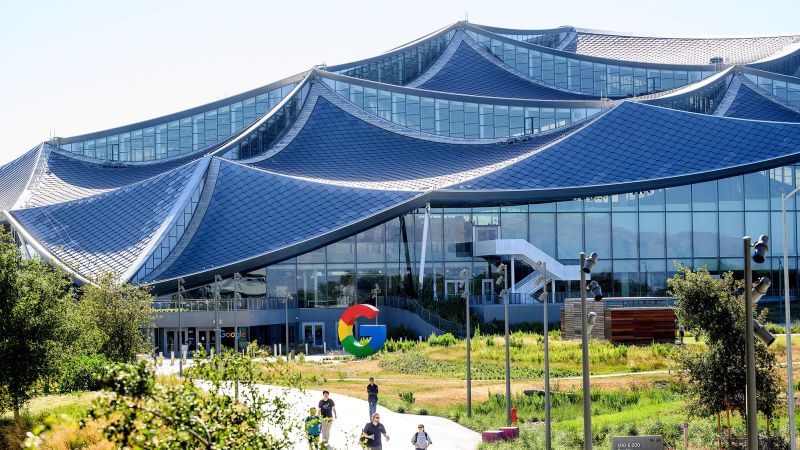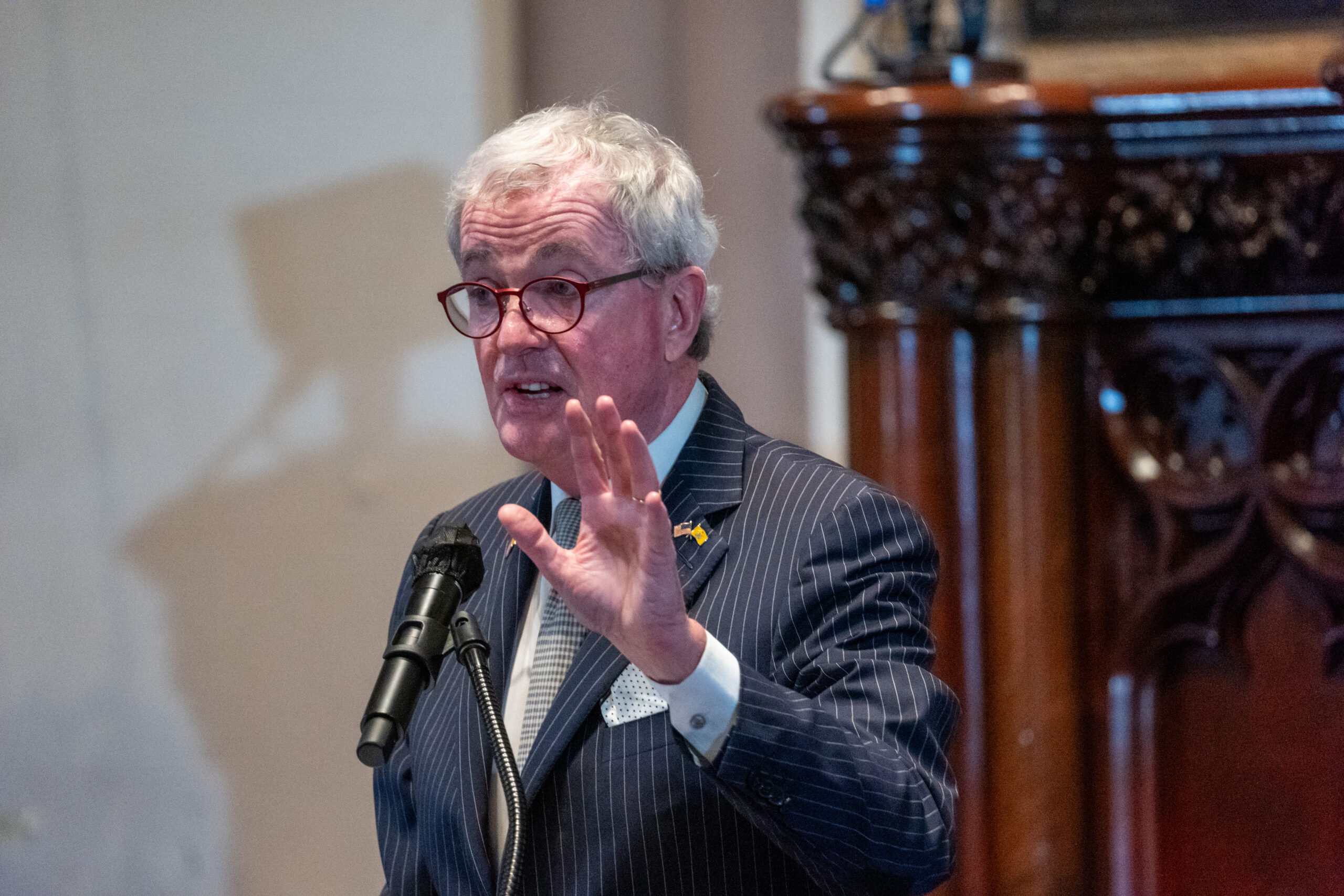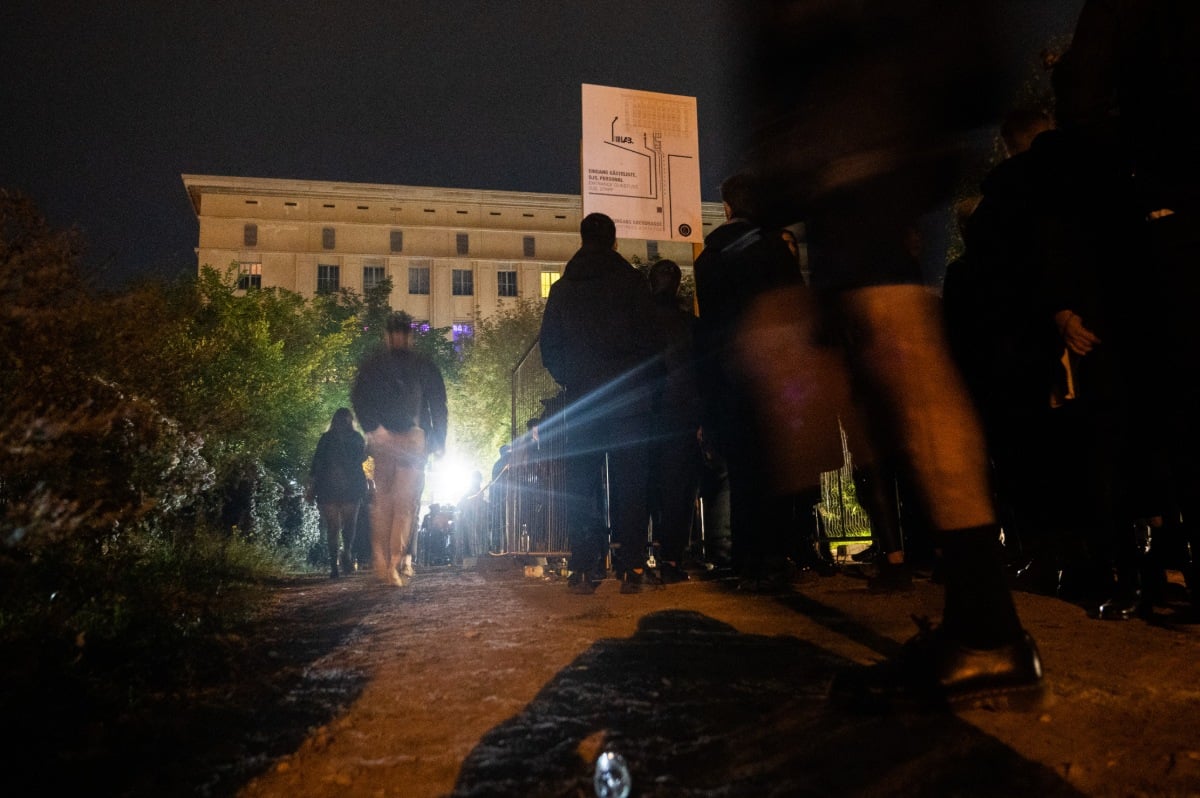Berlin (dpa) – On Saturday, 15 April, Germany’s last three remaining nuclear power plants will go off the grid. After more than 60 years, this will mark the end of an era of nuclear power generation in Germany that has repeatedly sparked societal and political debate. Right up to the last day, the phase-out of nuclear power in Germany was highly controversial. The Isar 2, Emsland and Neckarwestheim 2 reactors were originally supposed to have been shut down at the end of last year. Their service life was extended over the winter because of Russia’s war of aggression against Ukraine and the energy crisis it caused. The phase-out of nuclear power is part of the energy transition towards renewable energies in Germany. While the debate at the political level has flared up time and again over the past few days, the operators have long been preparing for this deadline. First, the output of the reactors will be continuously reduced. Then the generator will be taken off the power grid and the reactor will be shut down completely: a historic step.
This website uses cookies so that we can provide you with the best user experience possible. Cookie information is stored in your browser and performs functions such as recognising you when you return to our website and helping our team to understand which sections of the website you find most interesting and useful.





















Discussion about this post